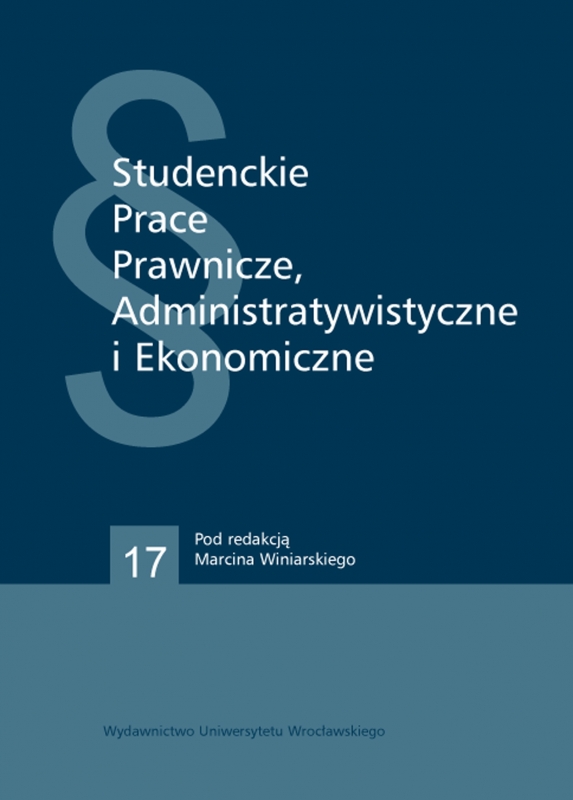

Artykuły

Peripheral blood stem cell transplantation in light of legal regulations
The increasingly widespread use of stem cells within medicine for the treatment of many diseases required that the legal aspects of this issue should be analysed.
The normative basis for considerations regarding the above topic is the Act of 1 July 2005 on the procurement, storage and transplant of cells, tissues and organs. In this context it is important to highlight the specific legal regime of stem cell transplantation, the most common source of which is peripheral blood. The above thesis is reflected inter alia in unrestricted living donor circle. Thus, there is no requirement to obtain consent of the regional court for transplantation, when the donor is not a relative consanguinity sibling, adoptee or spouse of the recipient. The donors could be also entities under special protection as minors or pregnant women after fulfiling the additional statutory requirement. The special legal regime is also reflected in one other aspect, i.e. in the procedure to express consent by donor and recipient. The above consent does not need to include determined recipient or an acceptance of the transplant from specified donor, respectively.
In light of the foregoing, it should be stressed that the legal regime of an ex vivo transplantation involves fewer stringent and rigorous conditions for its admissibility when the subject of transplantation are peripheral blood stem cells. In this respect the medical determinants related to peripheral blood stem cells as ability to regeneration, a lower level of risk and smaller effects for the donor’s health and life are directly reflected in legal regulations. In the available literature, there is proposed a view that the right to periodic examination should be introduced also for peripheral blood stem cell donors.